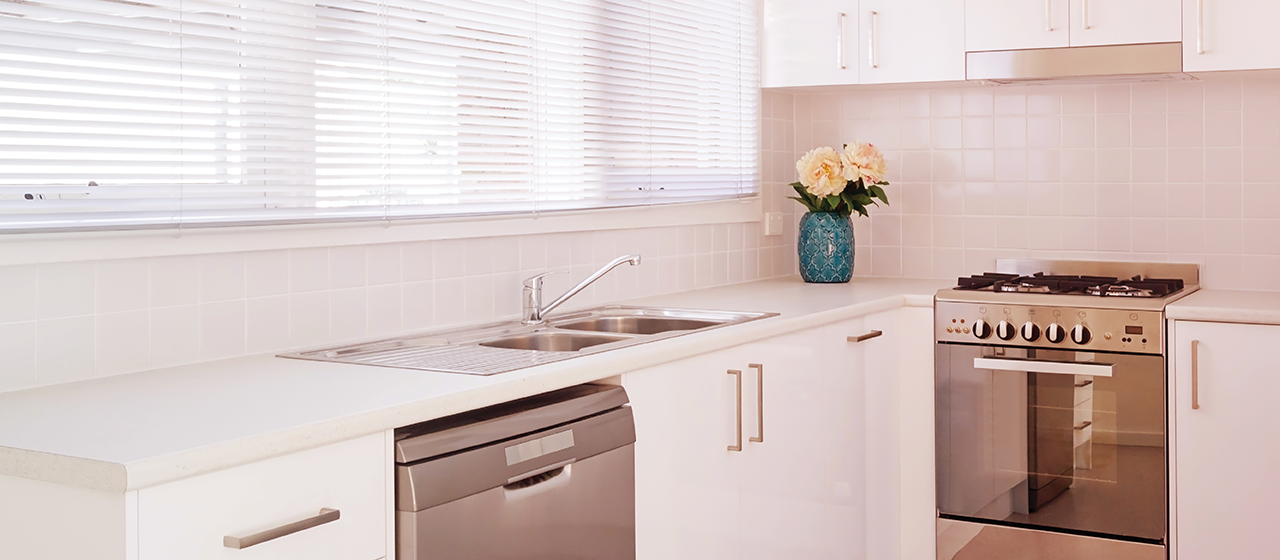Not everyone buys their first home with the intention to live in it. For some people the better option is to use your first property purchase as an investment. This might be because you are able to continue living in your parents’ home, are living with a partner who doesn’t want to move, or for any of a number of other reasons.
Investment vs Occupied
People decide to buy a house to live in for a number of different reasons. They get somewhere to live that is “theirs”, where they can make changes, hang pictures, and furnish any way that they like. They don’t have to worry about landlord inspections, lease agreements, or flaky roommates that can make life difficult. A live-in house is also an investment, with money that you would usually spend on rent now going towards paying off your property, which is likely to appreciate in value over the years.
Choosing to make your first property purchase an investment has the potential to end up being quite rewarding, but you should weigh up the relative benefits and risks to make sure if it is a better decision for you than actually living in the property.
Benefits
- You can earn rental income
- If your investment property increases in value over time, you can benefit from capital growth
- It can be a great step onto the property ladder if you can’t afford to buy where you want to live
- It could provide taxation benefits through negative gearing (please see your accountant for advice).
Risks
- The value of your investment property could decrease over time
- There may be a shortfall between the rental income you receive and your repayments and expenses
- If your rental property isn’t occupied, you’ll still need to cover your repayments and expenses
- If you need access to cash in a hurry, a property takes time to sell
- It’s not always easy to find the perfect tenant.
Establish a realistic budget
The glow of an investment property can wear off quickly if your mortgage repayments force you to sacrifice too many of the good things in life, so take the time to really work out your budget.
Don’t forget that interest rates and your repayments may go up in future, and you may have periods when your property isn’t tenanted. As a general rule, most lenders assume that a property will be tenanted 80% of the time so you should build in a similar contingency.
Manage your risks
When you’ve found the right property and you’re ready to make an offer, be sure to make it ‘subject to finance’. Even if you have pre-approval for a new loan, you’ll need to formally apply for it and receive unconditional approval before you can actually pay for the new property.
You may also need to make the offer subject to a satisfactory building inspection if you haven’t already had one. As with any property purchase, you should always have a building inspection before signing the contract or during the cooling off period. It’s generally not worth skimping on this step.
Equally important, engage a reputable property manager to take care of your property. Finding the right tenant is not easy and property managers are expert at assessing potential tenants. It doesn’t mean they’ll always get it right, but generally speaking, it’s money well spent for a hassle-free investment.
Own your banking
Join Credit Union SASay goodbye to big-profit banks and enjoy the benefits of being part of a credit union that helps you do more with your money.
We're here to help
Contact usIf you have questions or need support, you can call us on 13 8777 from 8am – 8pm Monday to Friday and 8am – 2pm on Saturdays.

